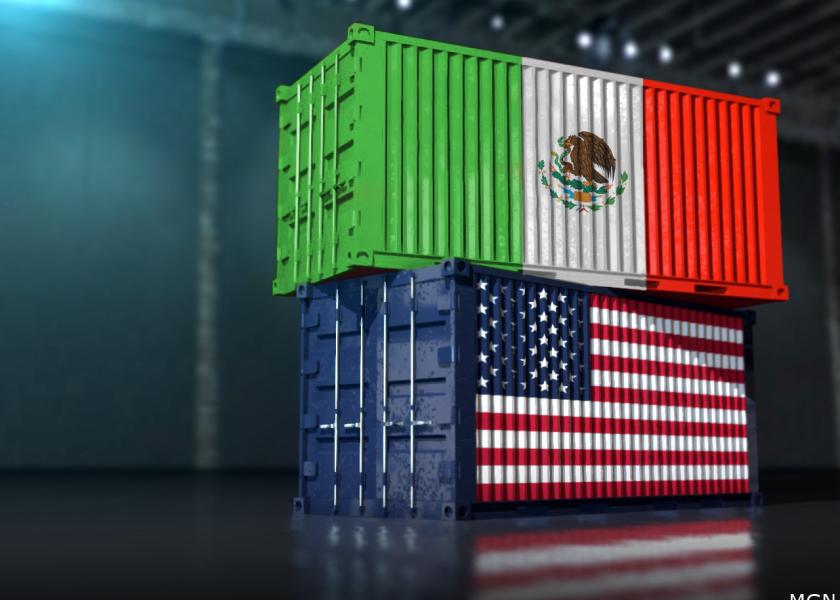USMCA Up for Debate in Mexico This Week

This week’s talks in Cancun, Mexico between U.S. Trade Representative (USTR) Katherine Tai, Canadian Trade Minister Mary Ng, and Mexican Economy Minister Raquel Buenrostro will allow them to assess the state of the agreement and discuss a series of disputes. Issues include:
• U.S. and Canadian concerns about Mexican energy and biotech policies
• U.S. concerns on Canadian dairy barriers
• Canadian objections to U.S. softwood lumber duties
Another issue is auto rules of origin regulations. Canada and Mexico previously contested the Trump administration's approach to implementing these rules, arguing the U.S. interpretation was more burdensome than originally negotiated. Even though they won the case in December 2022, the Biden administration has yet to modify the approach, inviting possible retaliation from Canada and Mexico.
Stakeholders plead for answers
U.S. business groups want the Biden administration to formally request a dispute settlement panel to challenge Mexican energy policies that they believe are a violation of the USMCA that went into force three years ago.
The American Petroleum Institute and more than a dozen other business groups raised the energy concern in an 11-page letter to Tai ahead of her attendance today and tomorrow at a meeting of the USMCA Free Trade Commission in Cancún, Mexico.
“We commend the Biden administration’s decision last year to request consultations under the USMCA regarding Mexico’s energy policies,” the groups said in the letter. “However, we are concerned by the Mexican Government’s failure to fix the issues raised by the United States. Mexico continues to hinder the operations of private companies in its energy sector, contrary to its own laws.”
Tai requested consultations with Mexico on the energy issues nearly one year ago on July 20, 2022, and was joined by Canada in the dispute. However, neither country has taken the next step of asking for a panel of trade experts to hear their complaint and decide whether Mexico has violated the three-year-old pact.
Regarding U.S. disputes against Mexico’s biotech corn policies and Canada’s dairy market access barriers, the U.S. has formally requested a dispute settlement panel to issue a decision.
USMCA dispute bottom line
USTR officials said that while the issues on biotechnology, dairy and energy may come up during the discussions, the dispute settlement process was the “primary” venue for such discussions.
“While there are areas of disagreement, of course, some of which may come up in these bilateral meetings, they do not outweigh the productive nature of our trade relationship,” an official said.
The official said those items are not “walled off” from being discussed, the primary format on those topics is the consultations that are ongoing.
Expiration date stamped on the USMCA
The USMCA has an expiration timeline of 16 years, with the opportunity for extension depending on the consensus of Canada, Mexico, and the U.S. The review process starts in year six (2026), where each country can express desire to extend or can raise issues to be addressed. In the latter case, annual reviews will continue until the issues are resolved or the agreement ends in year 16.







